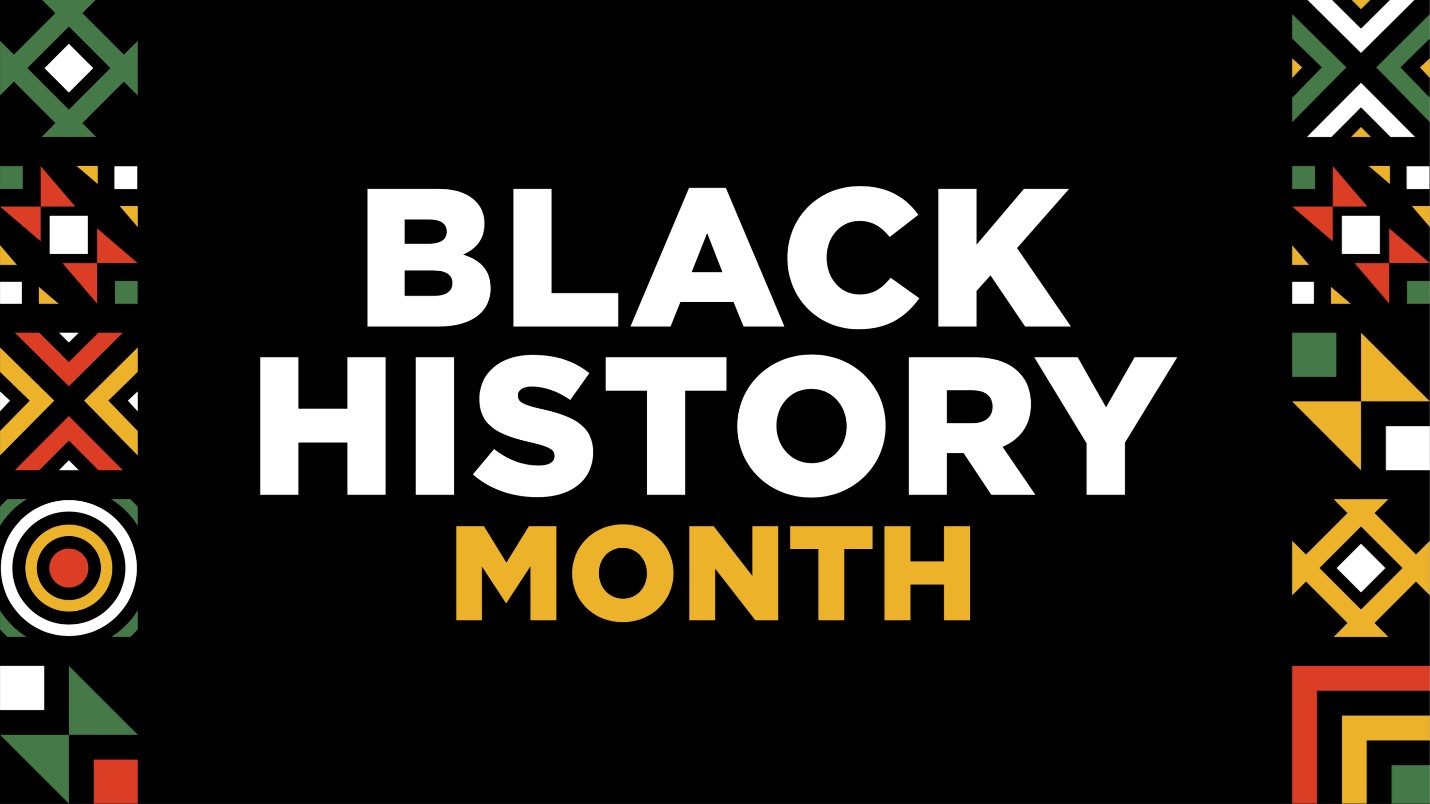
In the decades following the end of slavery as an American institution, little was known of black history, as it was either erased or distorted[1]. Furthermore, many believed slavery to be the totality of the African American experience. However, that was far from the truth. Black Americans have had an impact on every thread of the fabric that makes the United States the preeminent nation it is. Carter G Woodson, the ‘father of black history’,[1] agreed with this sentiment and it became his life’s work to highlight the achievements of black Americans[2].
In 1915, the spark for Woodson’s passion came during an expo in Chicago, that showcased the post-slavery advancements of black Americans [2]. Woodson himself was a distinguished individual, gaining a PhD from Harvard in 1912, making him the second black man to do so [1]. The expo had a profound effect on him, so much so that in 1916, he formed what is now known as the Association for the Study of African American Life and History (ASALH)[2]. The ASALH’s mission then, as it is now, was to “promote, research, preserve, interpret and disseminate information about Black life, history and culture to the global community”.
The outpouring of support for the ASALH’s initiatives was so great that Woodson expanded his scope and established Negro History Week in February 1926. This timeframe was already significant to many African Americans, as it coincided with the birthdays of President Abraham Lincoln and Frederick Douglass (Feb 12th and 14th resp.)[1-3]. By the 1940’s, black history was included in many school curriculums, primarily in the south where most black Americans resided[2].
Though Woodson died in 1950, that did not stop the ASALH’s work[3]. In fact, the 1960’s saw renewed fervor for the celebration of black history, amidst the civil rights movements and a new generation of black intellectuals[2]. The accomplishments of black Americans and the need to acknowledge and celebrate them, was now undeniable. In 1976, President Gerald Ford issued the first Black History month proclamation, cementing it into the American psyche[3]. A very small sampling of black American contributions are listed next.
Inventions: Percy L. Julian developed drugs and chemicals from soybeans and pioneered the mass production of steroid hormones used today for sex hormones[4]. Dorothy Johnson Vaughan helped NASA launch satellites and astronauts into space[5]. Mark E. Dean was instrumental in developing the original IBM computer and the technology that facilitated communication between computers and printers[4]. The first home security system (Mary Van Brittan) [5], traffic signals (Garrett Morgan)[5], automatic elevator doors (Alexander Miles)[6] and the Carbon Light Bulb Filament (Lewis Latimer)[6] which Thomas Edison would use in his light bulb, were all created by black inventors[7]. George Crum created a quintessential American snack, the potato chip[5], while Lonnie Johnson, has the thanks of kids everywhere for inventing the Super Soaker[5].
The Military: According to four-star general Colin Powell: “Black citizens fought for America before it was even a country”. [8] Such conflicts included the American Revolutionary War, Civil war, World Wars I & II, and those being fought today. Of note, were the Tuskegee airmen, who helped release 30 towns from Nazi rule during WWII[8].
Sports: Jesse Owens demolished the Nazi ideology of black inferiority by setting a long jump record in Hitler’s backyard at the 1936 Olympics in Germany[9]. Other exceptional sporting stars include Muhammad Ali, Michael Jordan, Serena Williams and Simone Biles, to name just a few.
Arts: African Americans have had a profound impact on the arts, from Jazz, considered to be America’s only true art form, to the blues, R&B, hip hop, rock and roll and pop music. Poets and authors like Langston Hughes, Zora Neale Hurston and Maya Angelou, conveyed life as seen through black eyes[10]. Likewise, Ann Lowe was one of the most influential American designers, as the creator of Jackie Kennedy’s iconic wedding dress[9].
Today, Woodson’s legacy continues under the new moniker of ‘black excellence’. Join the University of Iowa this Black History month as we commemorate the achievements of Black Americans and the contributions they have made to American life. For more information or to get involved in the celebrations visit the link [11]:
References:
https://asalh.org/about-us/our-history/
https://asalh.org/about-us/about-black-history-month/
https://www.blackhistorymonth.gov/About.html
https://kids.nationalgeographic.com/science/article/black-inventors-and-pioneers-of-science
https://www.oprahdaily.com/life/work-money/g30877473/african-american-inventors/
https://www.history.com/news/8-black-inventors-african-american
https://library.ucsd.edu/dc/object/bb00695483/_1.pdf
https://www.history.com/news/black-soldiers-world-war-ii-discrimination
https://www.oprahdaily.com/life/g25954127/african-american-historical-figures/
https://www.history.com/news/harlem-renaissance-photos